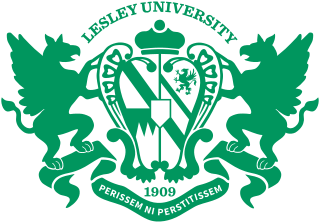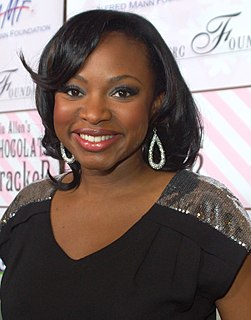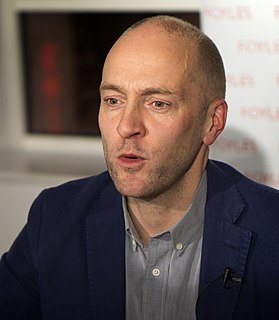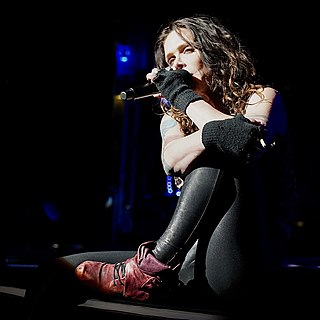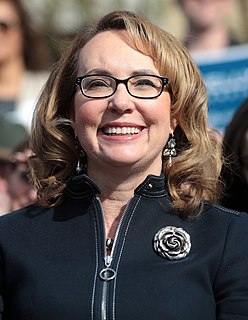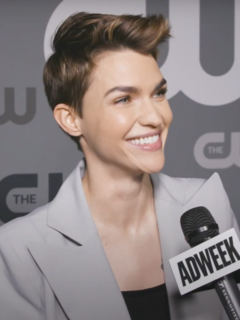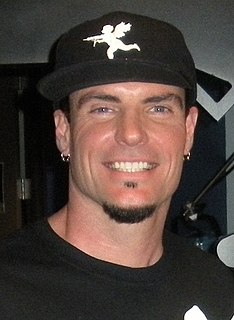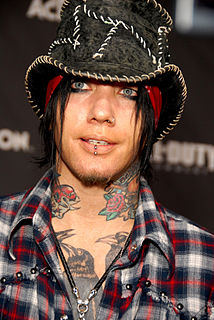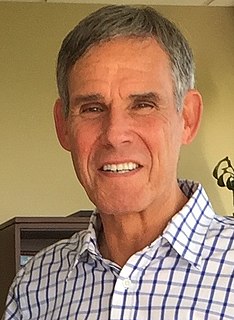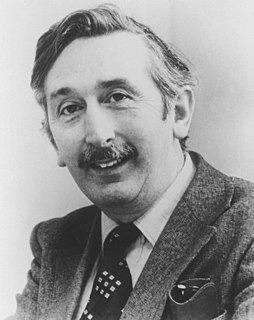A Quote by James Hillman
Art, for example, becomes "art therapy." When patients make music, it becomes "music therapy." When the arts are used for "therapy" in this way, they are degraded to a secondary position.
Related Quotes
Focusing-Oriented Art Therapy is a major contribution to art therapy literature and practice. Laury Rappaport introduces a contemplative method and philosophy grounded in the body's felt-sense of experience and its innate and largely unrecognized wisdom. This intellectually provocative, yet thoroughly practical text, establishes Rappaport as an emergent leader in the art therapy world and author of a book that every student and art therapist must read in order to appreciate the depth and breadth of our discipline.
The cognitive therapy that takes place in the film Antichrist is a form of therapy that I have used for some time, and it has to do with confronting your fears. I would say that especially the part of the film that has to do with therapy is humoristic because people who know about this form of therapy would know that the character is more than a fool.
If you sequence a cancerous tumor, you should be able to tailor the therapy according to the root cause of the cancer. But it has taken so long to do the sequencing - which also requires time to prepare the samples and interpret the deluge of data that comes out - that the patients are already undergoing therapy by the process if over.

